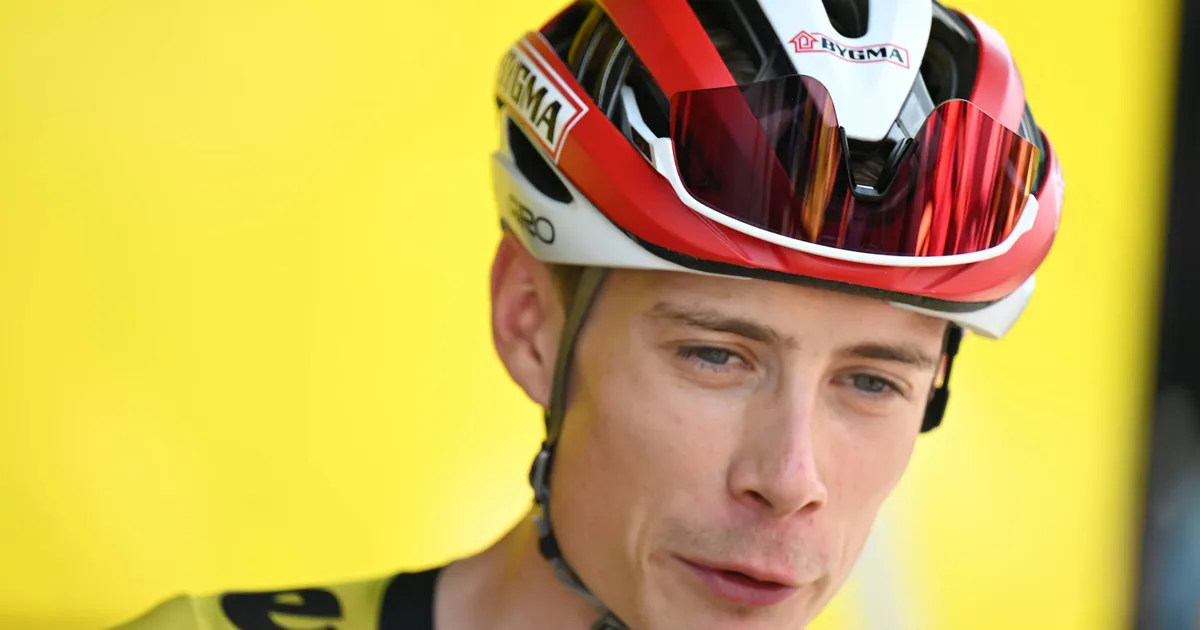The Kigali question
When Vingegaard announced on 21 August — two days before the Vuelta start — that he would not ride Worlds after all, it raised eyebrows. Kigali’s demanding course was expected to be tailor-made for Tadej Pogacar, but Sorensen believes Vingegaard was the one rider capable of following him, at least deep into the final.
“If anyone can follow Pogacar, it’s Vingegaard,” Sorensen insisted. “He probably wouldn’t have beaten him, but I really believe he could have won a medal. His form from the Vuelta was still there.”
The Dane ultimately chose to focus on the European Championships in France a week later, citing the need to recover properly from the Vuelta and arrive fresh. That gamble didn’t pay off. He was anonymous at the Euros, later admitting that he’d either had an off day or hadn’t fully recovered after a two-week training pause post-Vuelta.
Had he gone to Kigali instead, Sorensen argued, the sharpness from his Vuelta-winning form might have given him a better chance to contend. “We’ll never know,” Sorensen reflected. “But that opportunity is gone now.”
More than one race
Despite the disappointing end to the season, Vingegaard’s year remains a solid one by any measure. In addition to his Tour runner-up spot and Vuelta victory, he took second at the Critérium du Dauphiné and won the Volta ao Algarve. He finished the year ranked world number two — only the third Dane ever to reach that position after Mads Pedersen and Jakob Fuglsang — and for the fifth straight season, he ended as the highest-ranked Danish male rider.
Before Vingegaard, only Bjarne Riis had ever stood on the Tour de France podium for Denmark. Vingegaard has done so five times in succession, winning twice and finishing runner-up three times. “You’ve got to tear that one bad race out of the book and look at the bigger picture,” Sorensen concluded. “His Worlds absence doesn’t change the fact that we’re witnessing one of the most consistent Grand Tour riders of his generation.”
